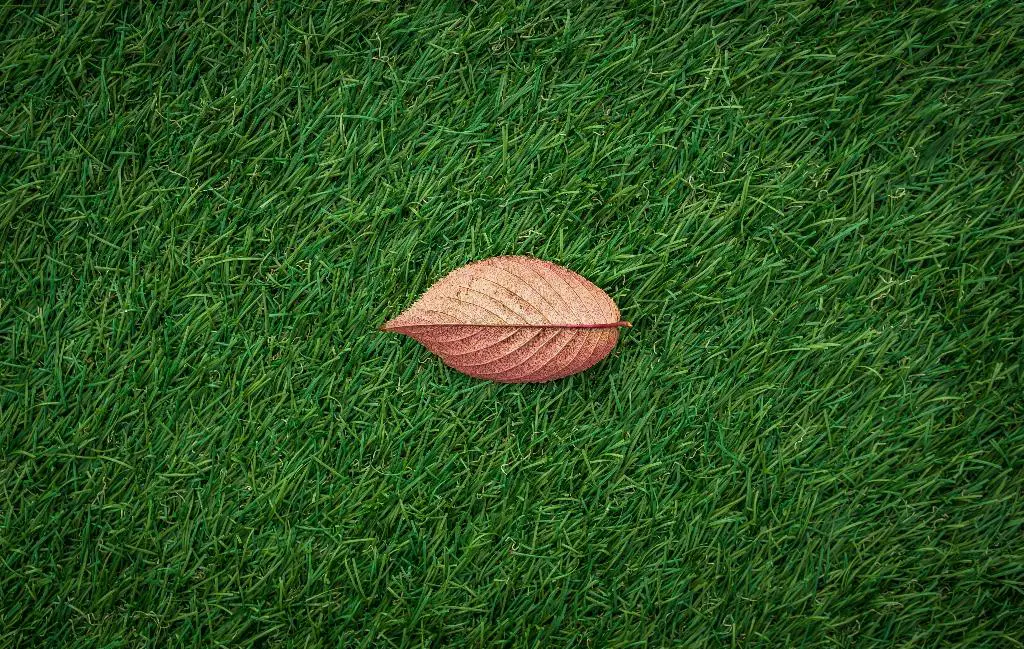When it comes to maintaining a healthy and vibrant lawn, dethatching plays a crucial role in promoting optimal growth and overall well-being of your grass. However, knowing the right time to dethatch your lawn is key to ensuring successful results. Let’s delve into the question: When is it too late to dethatch your lawn?
Seasonal Considerations for Dethatching
One important factor to consider when deciding when to dethatch your lawn is the season. Dethatching is typically recommended in the early spring or late summer to early fall. Attempting to dethatch in the late fall or winter can be detrimental to the health of your grass, as it may not have adequate time to recover before the harsh winter conditions set in.
Effects of Late Season Dethatching
Dethatching your lawn in mid- to late fall can have negative consequences on the grass. The process can leave the turf weakened and vulnerable during the winter months, increasing the risk of damage and reduced growth in the following spring. Therefore, it is essential to avoid dethatching too late in the season to protect the health of your lawn.
Optimal Timing for Dethatching
For optimal results, it is best to dethatch your lawn before the summer season settles in. Dethatching in the late spring or early summer allows the grass to recover and thrive during the warmer months when growth is most active. This timing ensures that your lawn remains healthy and resilient throughout the growing season.
Benefits of Early Season Dethatching
There are several benefits to dethatching your lawn before summer arrives. By removing the build-up of thatch early on, you can enhance the absorption of nutrients, water, and air to the roots, promoting stronger and deeper root growth. Additionally, early season dethatching can improve the overall appearance and health of your lawn.
Preventing Damage to Your Lawn
By avoiding dethatching your lawn too late in the season, you can prevent potential damage and stress to the grass. Late season dethatching can weaken the turf and make it more susceptible to frost, snow, and other winter-related issues. Taking the time to dethatch at the right moment can safeguard the integrity of your lawn.
Factors to Consider Before Dethatching
Prior to dethatching your lawn, it is essential to assess the condition of your grass and the level of thatch accumulation. Conducting a simple test to determine the thickness of the thatch layer can help you decide if dethatching is necessary. Additionally, considering the current season and weather conditions is crucial for successful dethatching.
Proper Dethatching Techniques
When dethatching your lawn, using the correct tools and techniques is paramount to achieving the desired results. Utilizing a dethatching rake or machine to gently remove the thatch layer without damaging the soil or grass roots is key. Proper timing and execution of dethatching can contribute to a healthier and more beautiful lawn.
Consulting with ExpertsIf you are unsure about the best time to dethatch your lawn or need assistance with the process, consulting with landscaping professionals or lawn care experts can provide valuable insight and guidance. They can assess the condition of your lawn, recommend appropriate dethatching methods, and help you establish a maintenance plan for optimal lawn health.
Conclusion
In conclusion, timing plays a crucial role in determining when it is too late to dethatch your lawn. Late season dethatching can pose risks to the health of your grass, while dethatching before the summer season can yield numerous benefits. By considering the seasonal factors, benefits of early dethatching, and proper techniques, you can maintain a lush, thriving lawn throughout the year.

